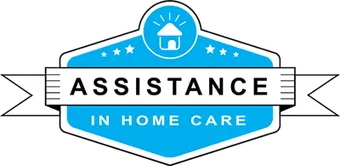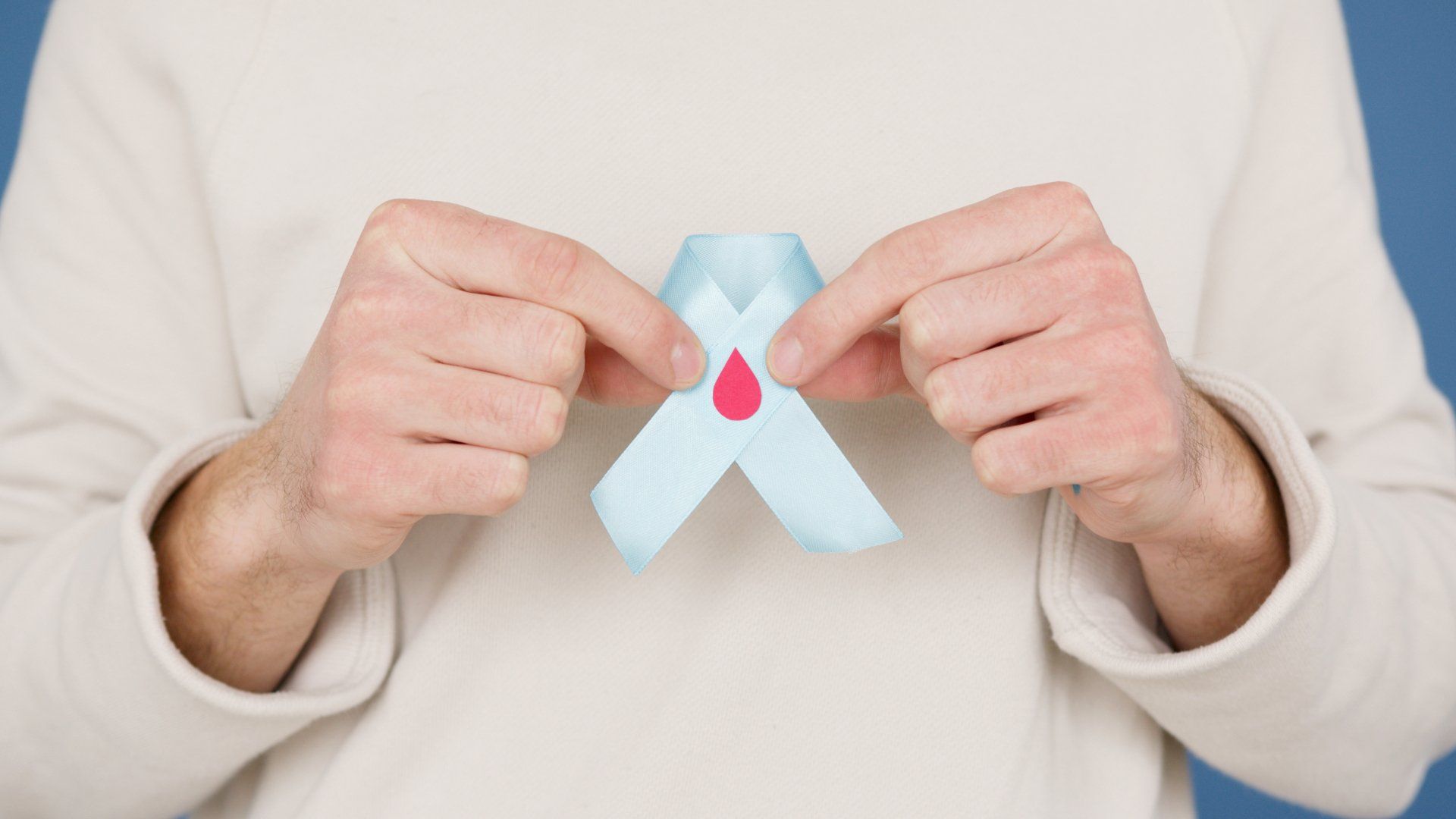Helping Your Community Through National Blood Donor Month
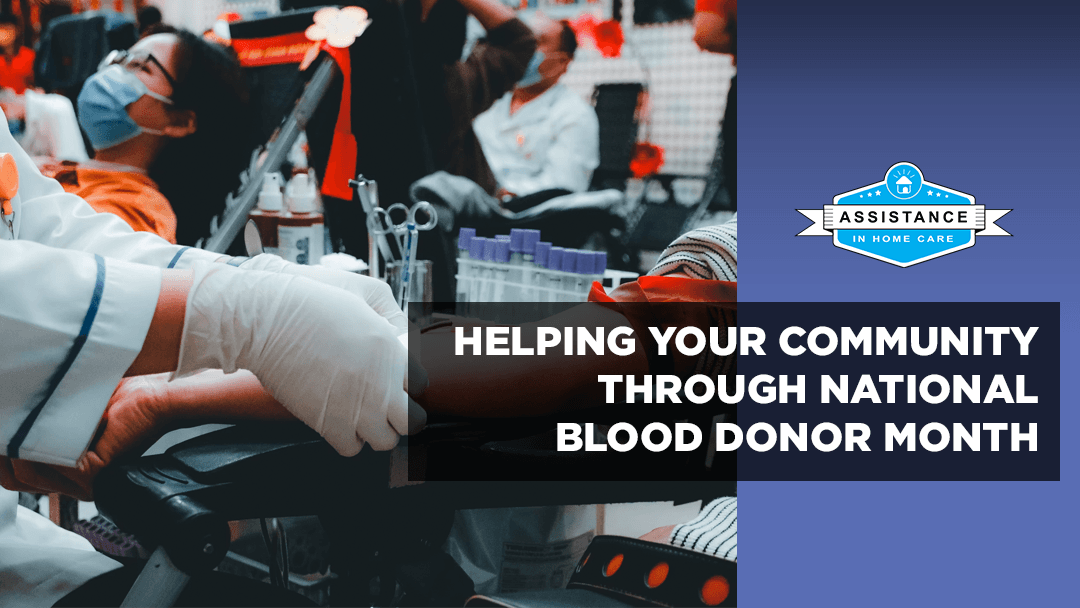
Assistance in Home Care recognizes January as National Blood Donor Month alongside the American Red Cross. Donating blood through blood drives can be a small act of kindness that can have a huge impact on one’s community. Donated blood is a lifesaving resource for trauma patients and people who are undergoing surgeries, transplants, chronic illnesses, or cancer. 3 However, according to Live Well, only about 10% of people who are able to donate actually do. Donating blood can be a daunting decision, especially as you grow older, but Assistance in Home Care is here to help you or a loved one make an educated choice in helping your community.
How Do I Know If I’m Eligible to Donate?
Although eligibility of your blood will be determined at the time of your donation, here is a list of criteria you should look at before you make the trip to your local blood drive:4
· Age: You must be at least 17 years or older. There is no upper age limit for blood donations as long as you or a loved one are well with no restrictions or limitations to your health or activities.
· Chronic Illnesses: Most chronic illnesses are acceptable as long as the condition is under control.
· Medications: In most cases, medications will not disqualify you as a blood donor. The eligibility will be based off of the reason the medication was prescribed.
The American Red Cross link down below has a full list of criteria to help you deter-mine whether you or a loved one are eligible for blood donations.
Why Should I Donate?
Winter is the hardest time for the American Red Cross and other organizations to find blood donors as regular donors travel, get sick, or are unable able to travel to their lo-cal blood bank due to unforeseen circumstances. Unfortunately, the number of people in need of blood remains the same during this time of year. The American Red Cross states that they need about 44,000 blood transfusions per day in the United States. Here are a few reasons why a small act can lead to a meaningful impact to your community:3
1. It’s Only Takes an Hour: The drawing blood process only takes about 10 minutes of your time.
2. There’s Little Pain Involved: Soreness and an uncomfortable feeling should be the extent of pain you’ll feel while the blood is being drawn. Afterwards, you might feel soreness or weakness in your arm, so it’s advised that you avoid physical activity for a few hours.
It Saves Lives: Blood donations are essential for cancer, trauma, and sickle cell pa-tients. A single donation can help up to four patients.
Take Initiative Today
It’s no question that donating blood saves lives, but it still helps to educate oneself in the process. Even if you are unable to donate, there are many ways to make a difference. Volunteer at a local blood drive, donate money, or even host your own blood drive. There are multiple ways one can spread awareness of the importance in donating blood when they can.
Assistance in Home Care creates personalized care plans for each of our clients to promote physical and emotional well-being. Our goal is to empower our clients to live each day to the fullest. If you or a loved one are looking for an affordable alternative to a private duty nurse or medical professional, our caregivers are trained to enable your loved ones to live safely within the comfort of their own homes.
Resources
1. National Today: https://nationaltoday.com/national-blood-donor-month/
2. World Health Organization: https://www.who.int/news-room/questions-and-an-swers/item/blood-products-why-should-i-donate-blood
3. Live Well: https://www.unitypoint.org/livewell/article.aspx?id=d497dcef-68f3-47ac-8eef-16e5f51b9f66
4. American Red Cross: https://www.redcrossblood.org/donate-blood/how-to-do-nate/eligibility-requirements.html



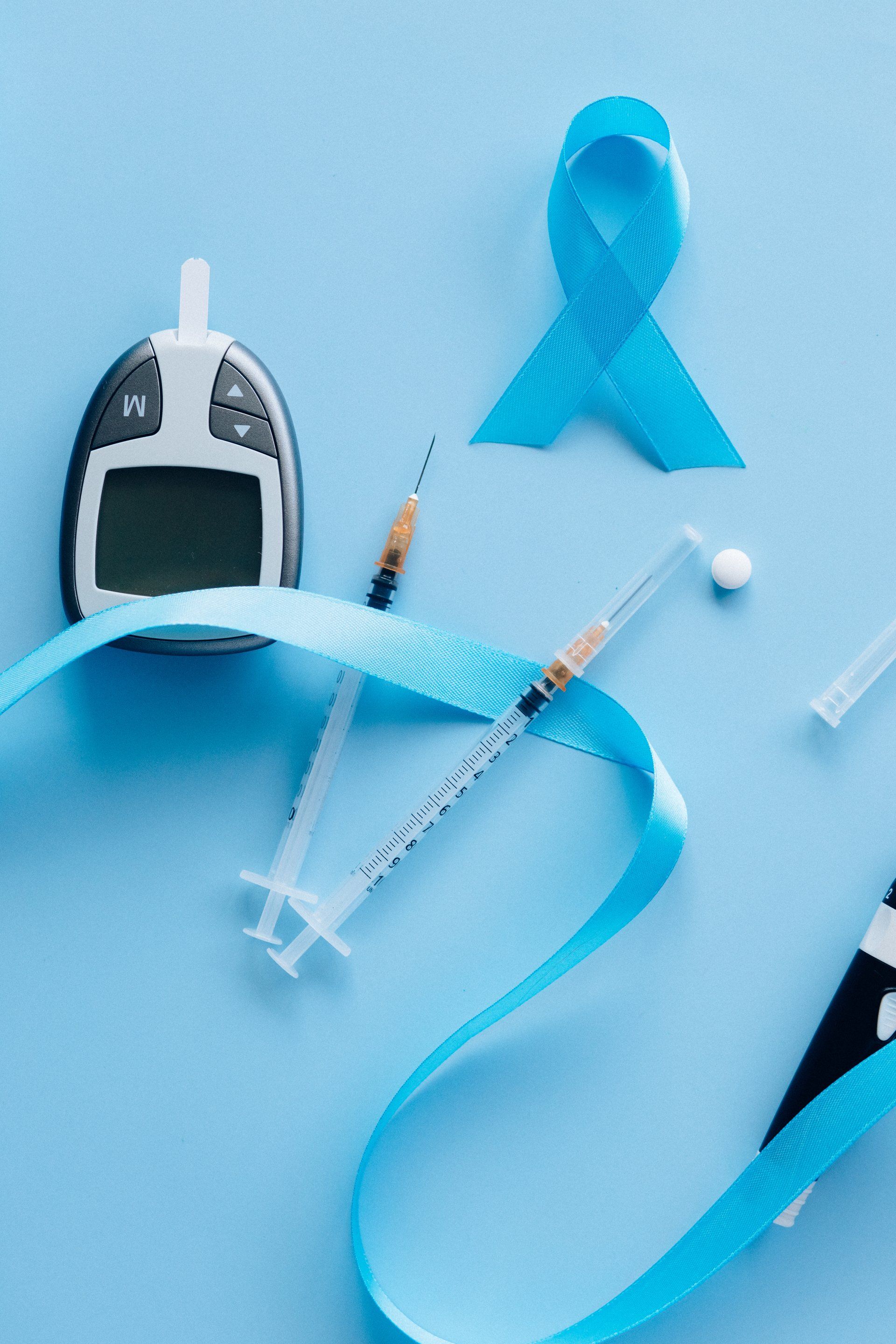
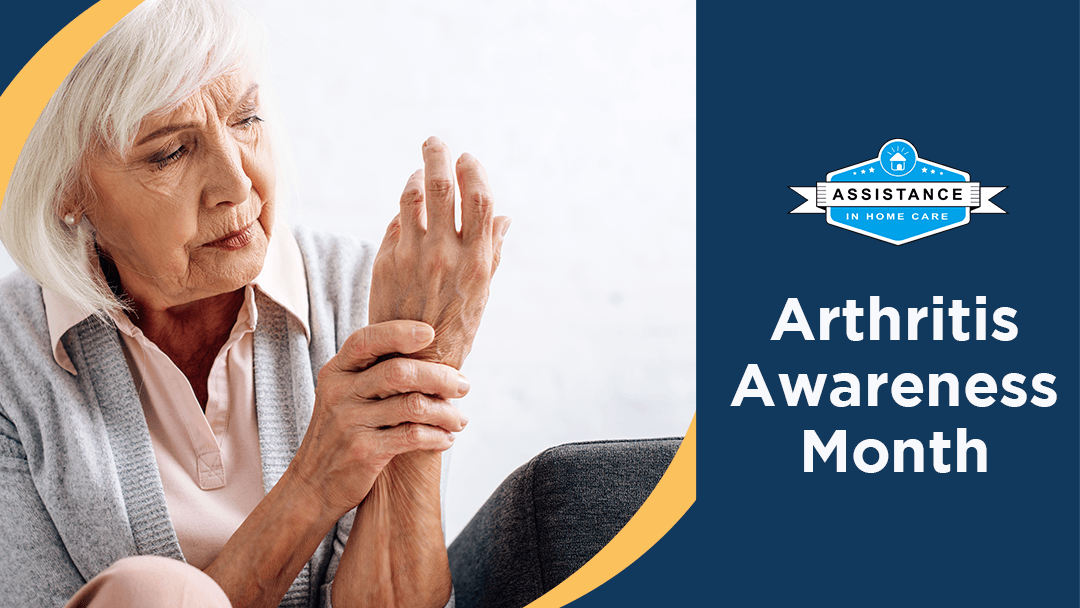
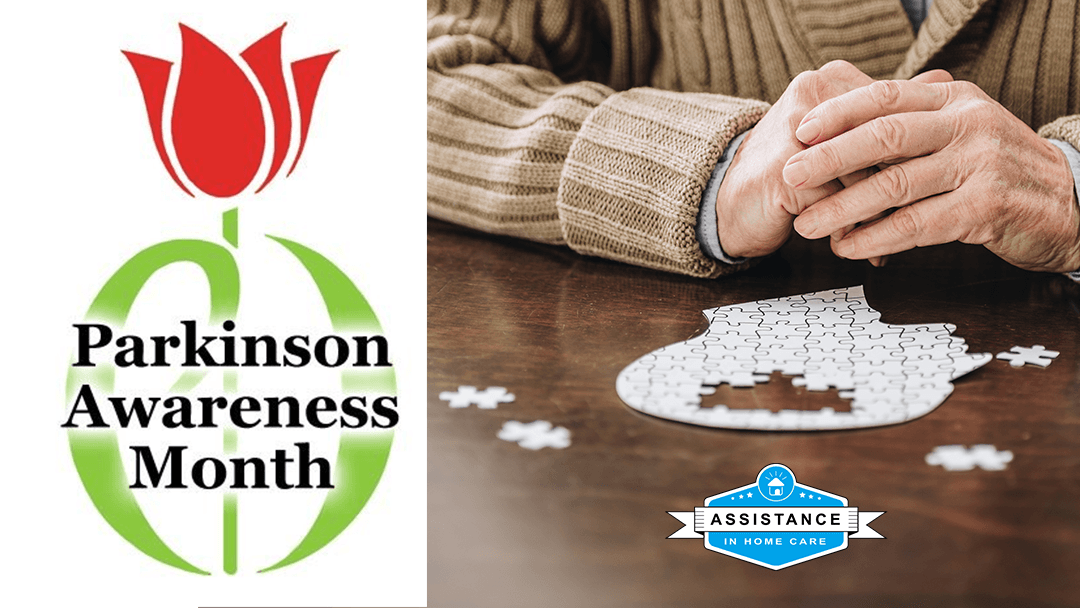
BROWSE OUR SITE
CONTACT INFORMATION
Phone:
(844) 490-9755
(310) 698-8751
Email:
info@assistanceihc.com
Address:
12832 Valley View St, Suite 211 Garden Grove, CA 92845
2447 Pacific Coast Highway, 2nd Floor
Hermosa Beach, CA 90254
